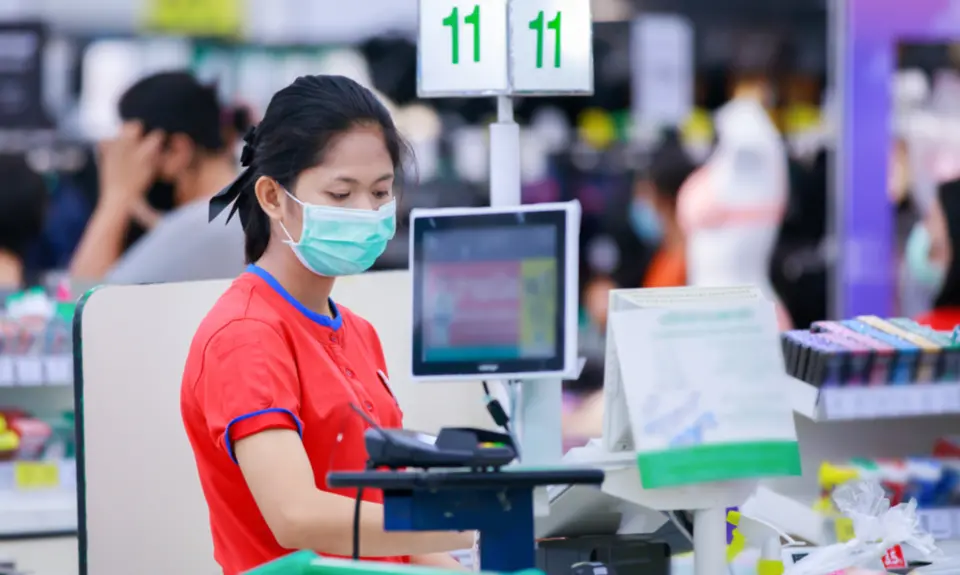Since the coronavirus first hit the U.S. in late January, it has disrupted nearly every aspect of our lives: In addition to killing more than 16,000 Americans at the time of this writing, it has ravaged our economy, overburdened our health care system, and challenged the structure of our election systems. Communities of color and other marginalized groups are also facing disproportionate health and economic risks, and the impact of systemic racism and discrimination has been magnified amid this crisis.
During this unprecedented emergency, PFAW has continued to work to safeguard vulnerable communities and push our lawmakers for solutions to these inequities. And to help our members stay aware and up-to-date, we’ll be sharing emerging news and data on the PFAW blog every week that highlights how our vulnerable communities are suffering and offer resources on how to get involved in our work to protect them.
Today, we’re profiling low-income “essential” workers and the dangerous new realities they are enduring on the job.
One immediate consequence to Trump’s failure to adequately respond to this public health crisis is an extreme shortage of personal protective equipment (PPE). That shortage affects anyone whose job has been deemed essential. While many of us have been afforded the privilege to work remotely as a social distancing measure, health care workers, sanitation workers, public transit employees and others who are working on the front lines are risking, and losing, their lives as the virus continues to spread.
Trump’s inability or unwillingness to provide executive guidance and ensure adequate testing – and his refusal to support states’ growing demand for medical supplies and personal protective equipment – jeopardizes the health and well-being of workers in many different industries. Health care workers are working around the clock in overcrowded hospitals and medical centers to test for and treat COVID-19 without the protective gear they need. Without it, thousands have contracted the disease; many others have already died.
In addition to the outsized risk they face, many more Americans who work in other “essential” industries are also risking their lives on the job – often for minimum wage and few to no benefits. For example, the estimated 2.9 million Americans who work for large grocery store chains are enduring dangerous conditions and longer than usual shifts, often without access to PPE, hazard pay, sick leave and other benefits. Cashiers are among the most at risk. Yet many store owners are only taking meager steps to respond to growing calls for those protections. Already, dozens of grocery store workers have died after contracting the virus on the job.
Custodians and sanitation workers are in a similar position. Workers in this industry are directly handling potentially contaminated trash and medical waste, and like many supermarket employees, lack personal protection and other risk mitigation equipment, sick leave or hazard pay benefits they need to work safely in these circumstances. As a result, they, too, are dying due to on-the-job exposure.
The story is the same for public transit workers, corporate warehouse employees, truck drivers, farmworkers (many of whom are undocumented immigrants), postal service workers and employees in other industries. All of them are risking and unjustly losing their lives on the job.
Data indicates that Black and Latinx Americans are more likely to take these kinds of low-paying jobs – and emerging data on the racial and ethnic breakdown of coronavirus mortalities indicates that the virus is twice as deadly for them.
These essential workers are working on the front lines to keep our country running and meet our basic needs during this crisis. They should not be unfairly punished because their positions make them more vulnerable to this virus. They need and deserve fair wages, benefits and other protections to keep them safe. Instead, our government’s response continues to put them in the line of danger. It’s incredibly urgent that we push back against any action that puts profit over people, and fight for solutions for essential front line workers that prioritize their health and well-being.
